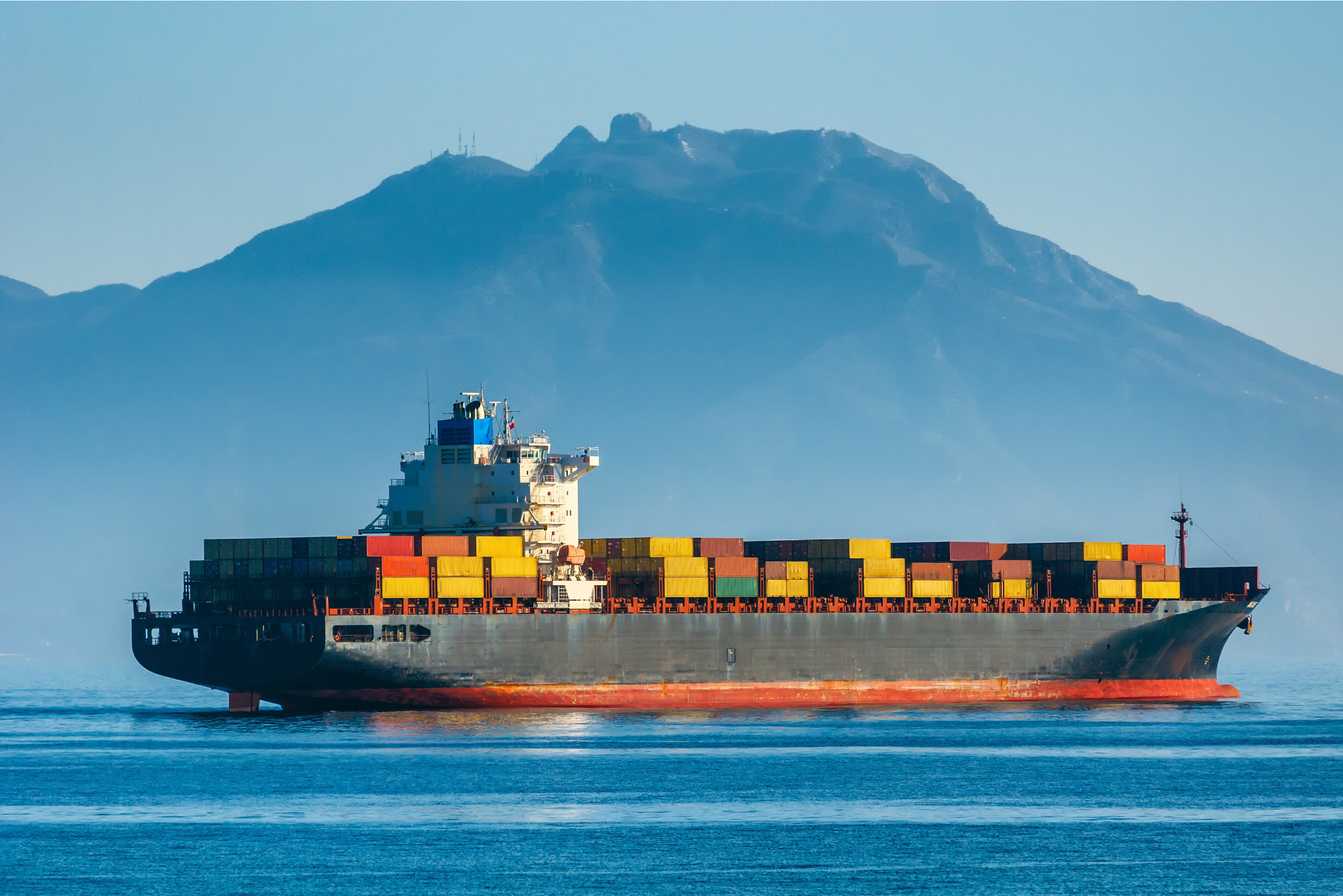Shipping Roundup: CP to acquire Kansas City Southern
Will create single north-south railroad line serving North American market
The biggest news on the shipping front over the past week occurred Sunday with the announcement that Canadian Pacific Railroad is acquiring Kansas City Southern, the smallest of the U.S. Class 1 railroads, in a deal that will create the first single railroad network serving all three North American nations.
News reports put the cost the merger at $25 billion, while others reported it at $29 billion, including stock transfers. KCS shareholders are projected to own about 25% of CP stock if and when the transaction is completed. The new merged railroad will be called Canadian Pacific Kansas City. The deal still needs approval by the U.S. Surface Transportation Board (STB) and Mexico’s national rail regulatory body, which may be completed in mid-2022.
CP President and CEO Keith Creel will serve as the head of the new railroad. Creel told listeners on a shareholders and media call that the merger is “not about cuts, line rationalizations … it’s about growing the network” to serve a growing market buoyed by the new U.S.-Canada-Mexico Trade Agreement.
The two railroads share a rail yard in Kansas City. A connected single railroad could be expected to offer more efficient service for grain and soy commodity bulk movements from Canada and the northern Midwest states deeper into Mexico. Both railroads have substantial intermodal container shipping operations. Although the merger will not bring about more direct new east to West Coast service, KCS does connect to the southern Mexico west coast port of Lazaro Cardenas and to U.S. ports on the Gulf of Mexico. The line can be expected to provide intermodal service from Mexico’s growing manufacturing centers to Chicago and the Upper Midwest.
Go here for more detailed coverage in Freightwaves, and here for more coverage by Bloomberg News via Chicago Business.
Shippers monitoring Montreal dockworkers stalemate
A long-brewing dispute between the dockworkers union at the Port of Montreal and the Maritime Employers Association took a turn for the worse Sunday.
The union’s 1,125 dockworker members voted by an overwhelming 99.71 percent to reject the latest offer that the employers said was their “final offer.” The union has not yet voted to strike and plans to go back to mediators.
Earlier recent news reports said some ocean container carriers had begun diverting container cargo to other eastern Canadian ports including Halifax and Saint John’s in anticipation that there might be a strike.
Canadian Pacific and Canadian National railroads provide intermodal container service from U.S. Midwest and Upper Midwest states to Montreal port that runs around Chicago and across Michigan and does not require shippers to use two railroads, as they often do to reach East Coast U.S. ports.
Go here for coverage in the Montreal Gazette.
CNBC: Ocean carriers rejected $1.3 billion in U.S. ag exports
CNBC released more follow-up research last week on ag export container rejection by ocean container carriers during the second half of last year. The business news network found the carriers rejected or avoided handling a potential $1.3 billion in U.S. ag exports from July through December.
“Carrier practices are not only inflicting significant financial damage to U.S. exporters and importers, but are extremely short-sighted,” Peter Friedmann, executive director of the Agriculture Transportation Coalition, told CNBC. “Those practices are causing U.S. exporters to lose foreign customers and setting the stage for the ocean carriers themselves to lose significant business in the future.”
SSGA members have found that containers became much less available for exporters at the end of October, November and December during that period, and for some carriers up through the first quarter of 2021.
While the congestion at the ports of Los Angeles and Long Beach gets much of the attention for the current container shipping woes, the Northwest Seaport Alliance, comprised of the ports of Seattle and Tacoma, which serve many SSGA members, told CNBC it also suffered a large loss in exports. In 2019, the ports shipped 913,332 containers of full exports. In 2020, that number dropped to 790,620 containers.
“Our exporters are suffering,” John Wolfe, CEO of The Northwest Seaport Alliance, told CNBC. “We have spoken with our terminal operators and carriers about this issue and there is more work to be done by all in order to address the extreme challenges faced by our export community.”
Federal Maritime Commission chairman Louis Sola told CNBC, “I can say for a fact that some carriers have decreased their exports in return for empties (mainly the European lines) while other have made a conscious effort to pick up the slack and increases their exports in 2020 (mostly the Asian lines),” said Sola. “I do find this most interesting and warrant that it requires further discussion.”
Go here for more detailed coverage by CNBC.
Compiled by Bruce Abbe, SSGA adviser for trade and transportation







Leave a Reply
Want to join the discussion?Feel free to contribute!